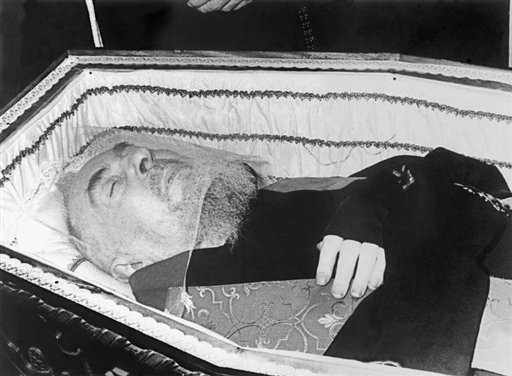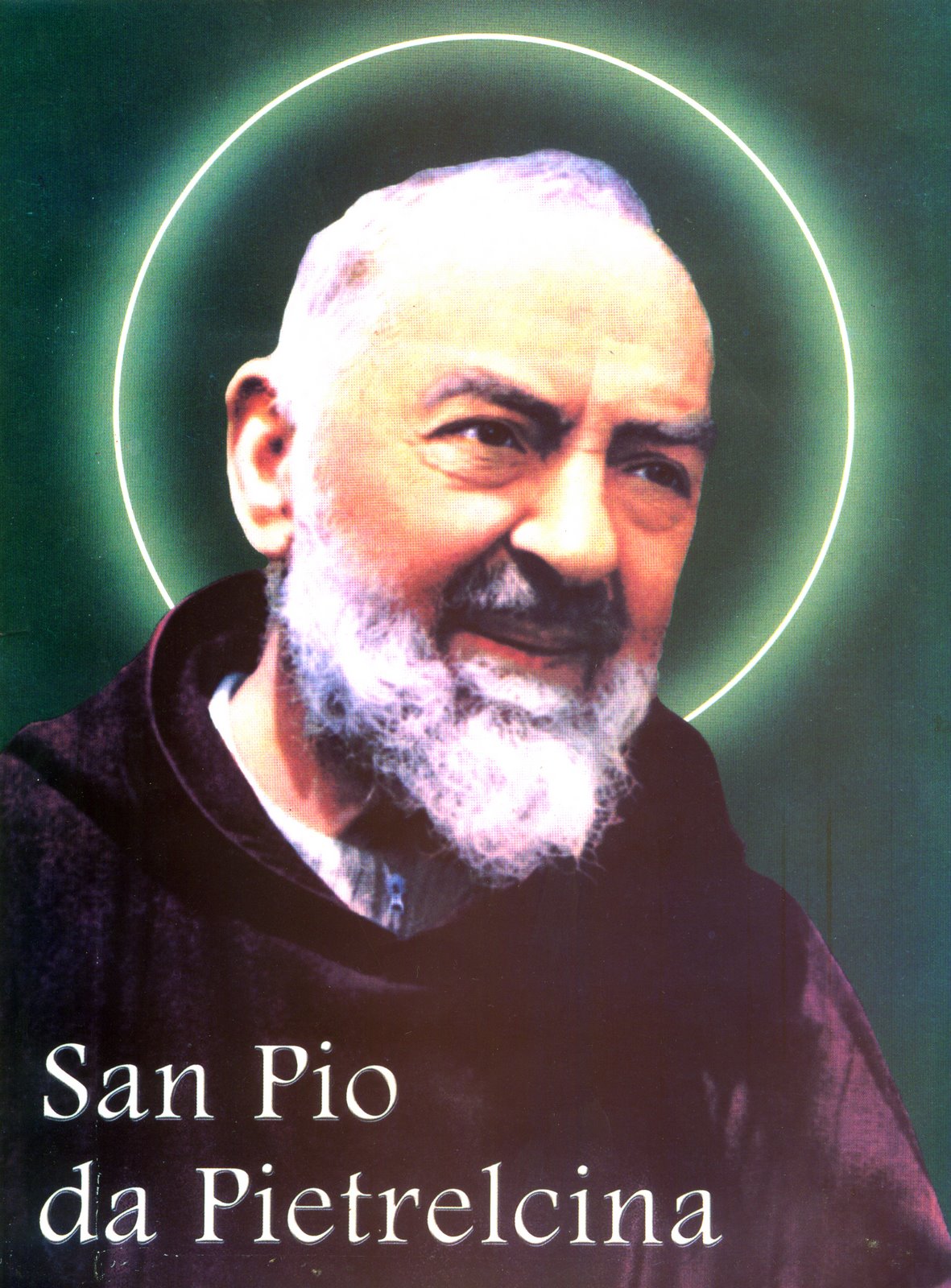

Padre Pio not only kept holy the Sabbath day, but every day of his life, by consecrating each day entirely to the Lord.įrom early childhood, Padre Pio felt strongly attracted by all aspects of the spiritual life. We should often reflect on the third commandment and the significance it held in the life of Padre Pio. In fact, many times, he asked the Lord if he might take onto himself the sufferings of others.“Remember to Keep Holy the Sabbath Day.” Exodus 20:8 He considered suffering a great privilege and yearned for it himself. On the contrary, he urged those who were bowed down with troubles to bear their pain with patience and resignation. In these letters, we see that Padre Pio did not consider suffering a meaningless burden. It is simply that He gives us the freedom to choose the road by which to arrive. Everything, therefore, depends on our will. A misfortune, an illness, humiliations: these are things destined by God, but everything depends on how they are accepted by us, and our will consists in this. If, on the other hand, we go down the road of evil, and the misfortunes of life are not accepted with resignation, though they are arranged by the Lord, then we go towards eternal perdition.

PADRE PIO DIVINE OFFICE FREE
Padre Pio once told a spiritual son: “Even before we are born, the Lord prepares many things in our life and leaves us free to follow the good or the bad way. But what one must go through, what He has arranged, does not change, and even praying to Him for a miracle does not change what the Lord has established.” Never meaninglessĮven this destiny that is fixed by the Lord, in effect it is we who choose it. To get to a place, there is a good road and a bad road. If one chooses the good one and we live this life with resignation, all the duties towards God and towards men, we will easily reach Heaven where He will reward us. To a spiritual daughter, Antonietta Vona, he wrote: “My daughter, my soul is embittered by the cruelest torment. And yet there is nothing left for me to do but repeat with Job: ‘The LORD gave and the LORD has taken away blessed be the name of the LORD!’” He wrote to a woman who was about to enter a monastery: “I leave it to you to imagine the torment of my heart. The same resignation is found in other letters he wrote to those close to him in which he expressed the pain of losing his sister and nephew. Read more: What’s terribly wrong with “God needed him/her in Heaven” or “He only takes the best” Blessed be the name of the Lord He wrote: “I exhort you to this resignation to the divine will, and you will find, like me, alleviation of your pain.” In a letter to his parents after the loss of his sister and nephew, Padre Pio exhorted them to accept the will of God in all circumstances. As CCC #418 states, suffering entered the world only with sin.Īs a result of original sin, human nature is weakened in its powers, subject to ignorance, suffering and the domination of death, and inclined to sin (this inclination is called “concupiscence”).Īnd yet, as the Catechism recalls in another paragraph (311), God permits suffering and even sin, because he is able in his power and creativity, to bring good from it.įor almighty God., because he is supremely good, would never allow any evil whatsoever to exist in his works if he were not so all-powerful and good as to cause good to emerge from evil itself. Here it is important to clarify that the suffering we endure in the human race was not God’s original plan for us. He united his sufferings to the will of God. What was Padre Pio’s response to all this death and suffering? This was a theme close to his heart, as he endured untold physical and mental sufferings – including the stigmata – for most of his life. Two years later, Francesco Forgione, son of Michele, Padre Pio’s older brother, died on November 9, 1920, just after turning 9. He died on October 12, 1918, at 14 months. The first was Alfredo, the son of Pellegrina Forgione, Padre Pio’s second sister. On the other hand, during this period, Padre Pio’s family in Pietrelcina suffered two more losses. Padre Pio asked his spiritual daughters to pray for her recovery. This time, their prayers were heard and she improved. After the loss of his sister, Padre Pio’s own mother, Peppa, became infected with the H1N1 virus, likely after contact with her daughter. In October 1918, she was “in very poor health” and they feared she might die.


 0 kommentar(er)
0 kommentar(er)
